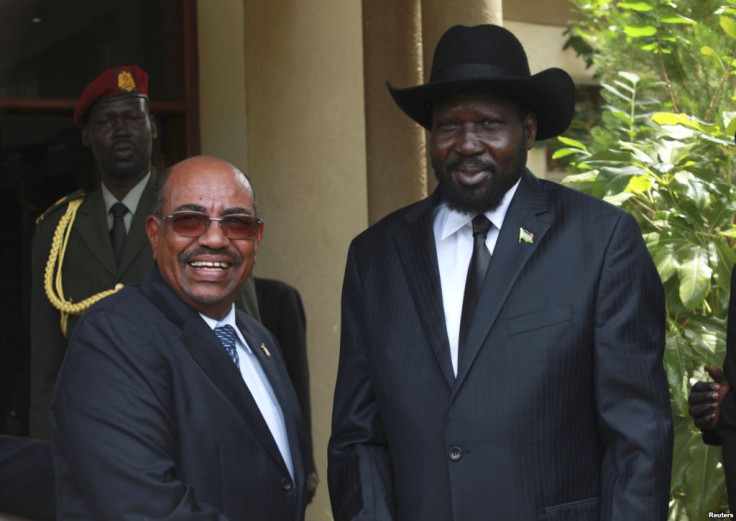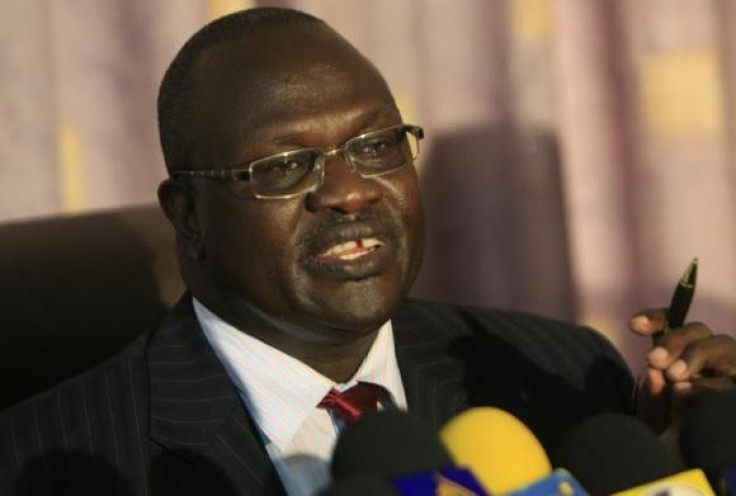South Sudan Abyss: UN Warns of Tribal Conflict

The UN fears that the ethnic clashes in South Sudan may turn into a widespread multi-tribal war across the East African region.
Ivan Simonovic, UN assistant secretary-general for human rights, warned that the human rights situation in South Sudan might become much worse in the coming days, as mass war crimes continue to be committed in the state, Al Jazeera reports.
The armed violence in South Sudan started as a political power struggle between President Salva Kiir and ousted members of his government, including former vice-president Riek Machar who is heading the present rebel movement.
Kiir had also dismissed many personnel in the state army, the SPLA (Sudan People's Liberation Army), suspecting them of threatening his position or plotting coups.
The politically motivated armed conflict developed into an ethnic clash, as the two leaders, Kiir and Machar conspicuously belonged to two different tribes, Dinka and Nuer, now integrated under the state of South Sudan.
The clashes began a month ago, when fighting broke out between two factions of the SPLA, in Juba, the country's capital, one being loyal to the president and the other to Machar.
Kiir and Machar
Both Kiir and Machar were in the SPLA during the civil war with Sudan, between 1983 and 2005.
Interestingly, in 1991 Machar split with the SPLA and formed his own independent rebel group known as the South Sudan Independence Movement (SSIM).
John Garang, former leader of the SPLA had wanted a secular and democratic but united Sudan where southerners had full representation, while Machar vied for a fully independent South Sudan.
Though Machar's SSIM was seeking independence from Sudan, it received covert support from Sudan to fight against the SPLA.
Omar al-Bashir, president of Sudan (who still retains this post) is believed to have used Machar to take back the southern regions from the SPLA.
The clashes between the SSIM and the SPLA led to thousands of civilian deaths, but in early 1995 a temporary truce was declared.
In 1997, Machar signed the Khartoum Peace Agreement with the Sudanese government, under which he became assistant to President el-Bashir, apart from being president of an administrative council to govern southern states, and commander in chief of the South Sudan Defense Force (SSDF).
In 1999, SSDF began to receive ammunition from the SPLA to fight Sudanese forces over oil-producing areas.
In 2000, he formally resigned from the government of Sudan and formed his own militia, the Sudan People's Defense Forces (SPDF).
In 2002, he signed an agreement with Garang to join SPLA again and to merge his militia with the SPLA, to forge a united front against Sudan.
In 2011, when South Sudan became the youngest country in the world, Machar was appointed as vice- president, but in 2013, he, along with the entire cabinet, was dismissed from office.
He denied his involvement in the failed coup attempt on, but is now the leader of the rebel moment which has claimed thousands of lives and displaced about 400,000 people since mid-December.
According to UN, about 78,000 people have fled to neighbouring countries.
Sudan is also reported to have used the South Sudan unrest to reclaim disputed border areas and attempted to seize South Sudanese oil fields.

© Copyright IBTimes 2024. All rights reserved.





